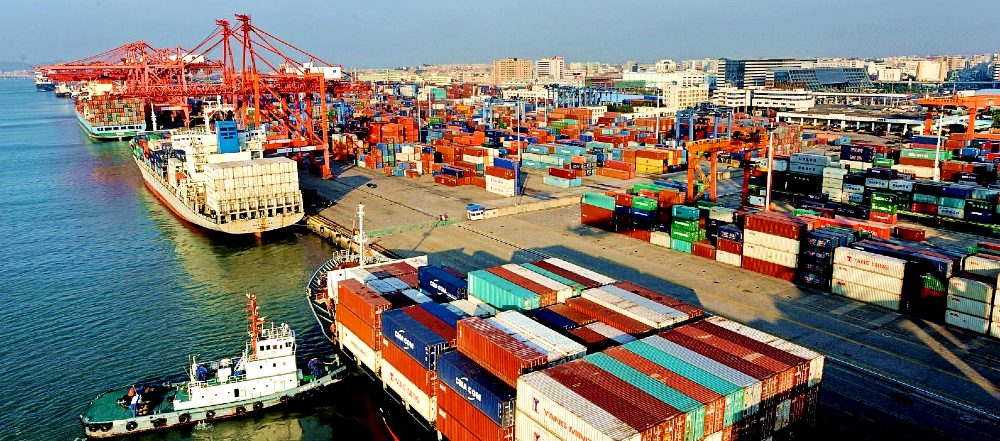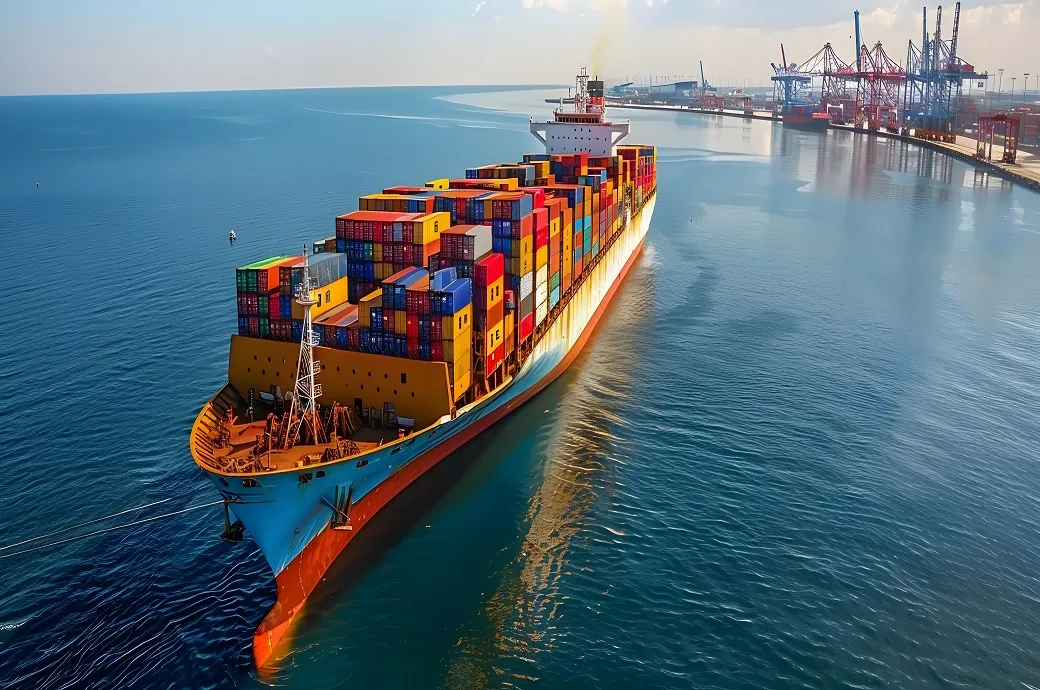A Growing Concern for the Maritime Industry
The Shipping Association of Nigeria (SAN) has expressed deep concern over the excessive use of the US dollar for transactions in the nation’s maritime sector. Speaking at a press conference held at the Lagos Yacht Club in Victoria Island over the weekend, SAN Chairman Mrs. Boma Alabi, a Senior Advocate of Nigeria (SAN), highlighted the negative impact of dollarization on the sector. She emphasized that the disparity between the naira and the dollar is exacerbating challenges in the industry, leading to increased costs and operational difficulties.
The Dollarization Dilemma: A Drain on the Economy
Mrs. Alabi pointed out that the constant demand for dollars in maritime transactions is depleting Nigeria’s foreign exchange reserves and creating unnecessary pressure on the economy. “Stop dollarizing our economy. Why are you collecting in USD in Nigeria? Why is the Nigerian government collecting in USD? The shipping lines will collect payment in naira; they will source dollars to buy,” she said. This practice, she argued, not only increases costs but also undermines the stability of the naira.
The SAN chairman called for an end to the dollarization of the economy, urging stakeholders to adopt the naira for transactions within Nigeria. She stressed that the reliance on foreign currency is unsustainable and detrimental to the growth of the maritime sector.
Port Expansion and Competitiveness: A Call for Action
In addition to addressing the dollarization issue, Mrs. Alabi emphasized the need for port expansion to enhance competitiveness. She argued that high operational costs are making Nigerian ports less attractive compared to ports in other countries. “Ports cannot be competitive if the cost of doing business is high,” she stated.
The SAN chairman’s remarks come at a time when Nigerian ports are struggling to compete with regional counterparts. For instance, the Tema Port in Ghana recorded 1.9 million twenty-foot equivalent units (TEUs) in 2024, while Nigerian ports handled only 1.2 million TEUs during the same period. This disparity highlights the urgent need for reforms to improve efficiency and reduce costs in Nigerian ports.
Industry Stakeholders Echo Concerns
The Deputy Managing Director of CMA CGM Shipping Company, Mr. Ramesh Saraf, also voiced his concerns during the press conference. He appealed to the government to support shipping companies in reducing operational costs and remaining competitive. Saraf highlighted the challenges faced by the Lekki Deep Sea Port, which began operations in April 2023 but is already struggling with high port charges.
“The cost of operation in Lekki Deep Sea Port is triple the port charges in other ports across the world,” Saraf said. He warned that unless the government takes steps to lower port charges, Nigerian ports will continue to lose cargo to neighboring countries.

The Bigger Picture: Implications for Nigeria’s Economy
The issues raised by SAN and industry stakeholders have far-reaching implications for Nigeria’s economy. The maritime sector plays a critical role in facilitating trade and commerce, and any inefficiencies in the sector can have a ripple effect on other industries. High port charges and the dollarization of transactions are not only driving up costs but also discouraging foreign investment and limiting the sector’s growth potential.
Read Also: “Unity Bank Appoints Ebenezer Kolawole as Acting MD/CEO Following Tomi Somefun’s Retirement”
Mrs. Alabi’s call for port expansion and reduced operational costs aligns with broader efforts to position Nigeria as a regional hub for maritime trade. However, achieving this goal will require significant investment in infrastructure, policy reforms, and collaboration between the government and private sector.
Conclusion: A Call for Urgent Reforms
The Shipping Association of Nigeria’s warning about excess dollar charges and high port costs underscores the urgent need for reforms in the maritime sector. Addressing these challenges will require a concerted effort from all stakeholders, including the government, shipping companies, and industry regulators. By reducing reliance on the dollar, lowering port charges, and investing in infrastructure, Nigeria can enhance the competitiveness of its ports and unlock the full potential of its maritime sector.
As the country strives to diversify its economy and boost non-oil exports, the maritime sector will play a pivotal role. The time for action is now, and the SAN’s call for reforms serves as a timely reminder of the work that lies ahead.
















Got a Questions?
Find us on Socials or Contact us and we’ll get back to you as soon as possible.